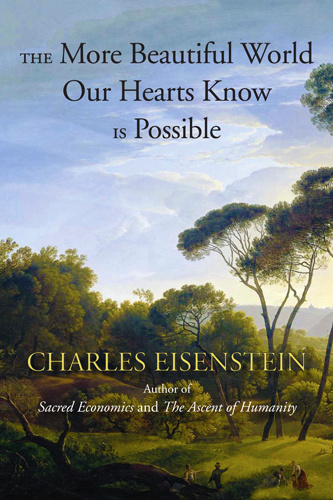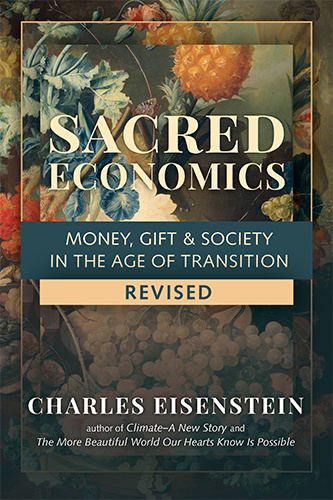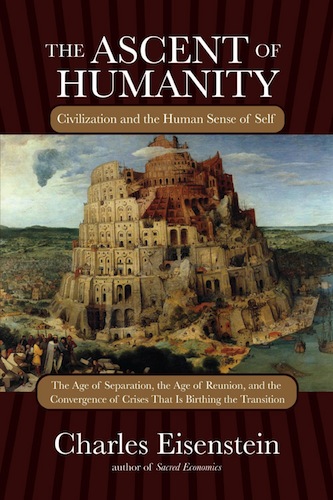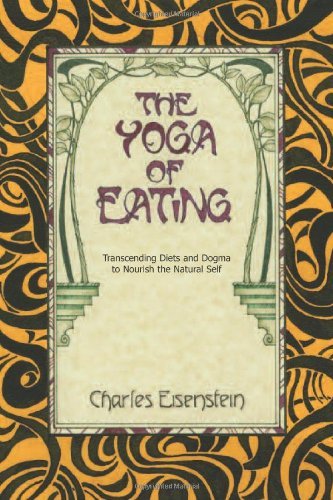The More Beautiful World Our Hearts Know Is Possible
In a time of social and ecological crisis, what can we as individuals do to make the world a better place?


In a time of social and ecological crisis, what can we as individuals do to make the world a better place?

This controversial book gathers essays published through the Covid pandemic, exploring issues that, because they fell outside prevailing narratives, remain latent in the collective unconscious.

Sacred Economics traces the history of money from ancient gift economies to modern capitalism, revealing how the money system has contributed to alienation, competition, and scarcity, destroyed community, and necessitated endless growth.

Flipping the script on climate change, Eisenstein makes a case for a wholesale reimagining of the framing, tactics, and goals we employ in our journey to heal from ecological destruction.

The Ascent of Humanity is about the history and future of civilization from a unique perspective: the evolution of the human sense of self.

The topic of my first published book, The Yoga of Eating, might seem very different from those of civilization, money, crisis, and transition that I explore in my other writing. There is a deep kinship nonetheless: The Yoga of Eating seeks to undo the “war against nature” in its interior dimension. It therefore advocates deep self-trust and explains how to recover authentic appetite, so that desire and willpower, health and pleasure, no longer need to be opposed.
